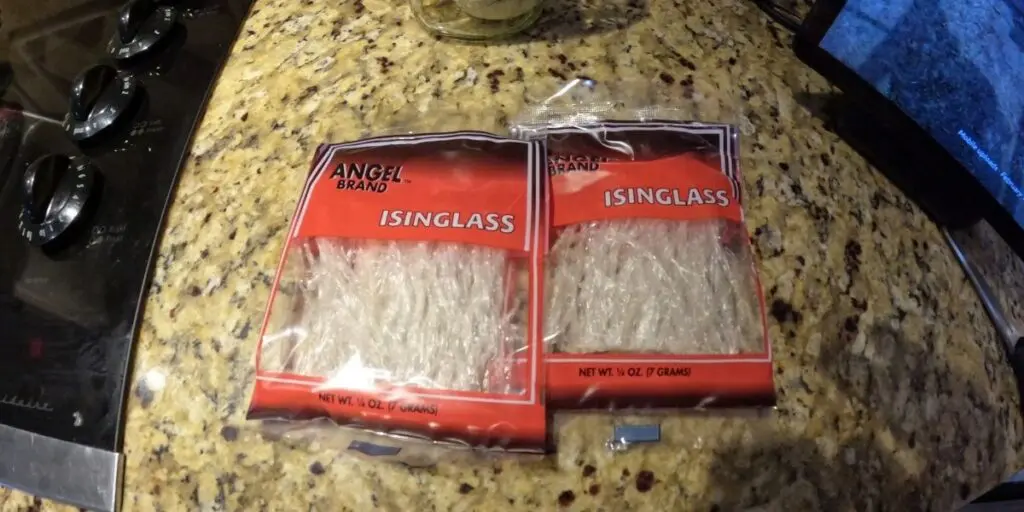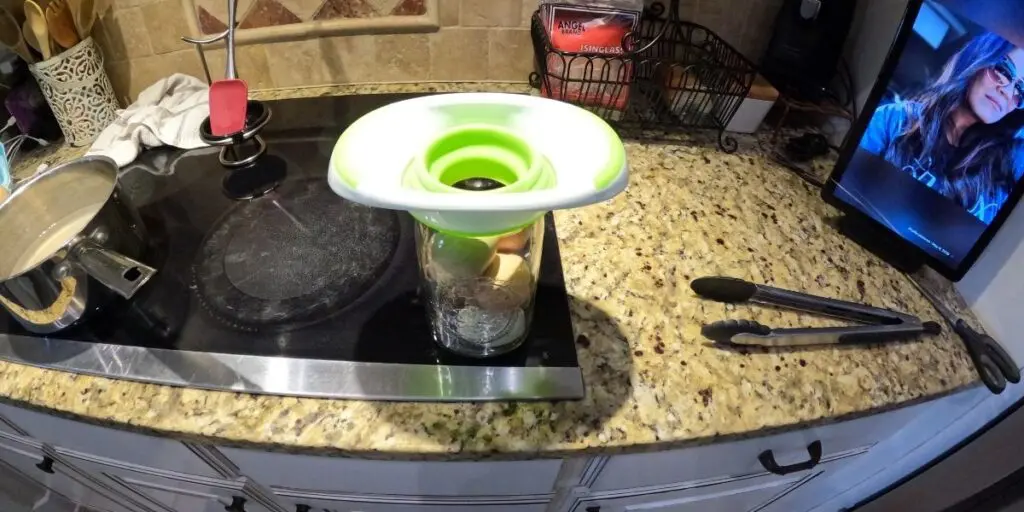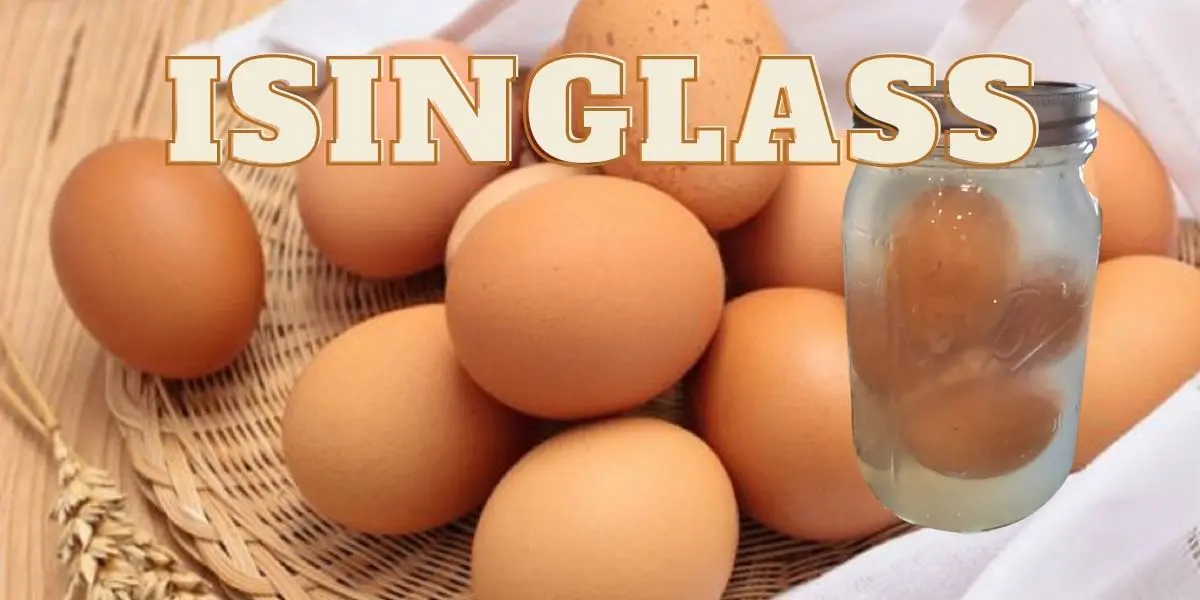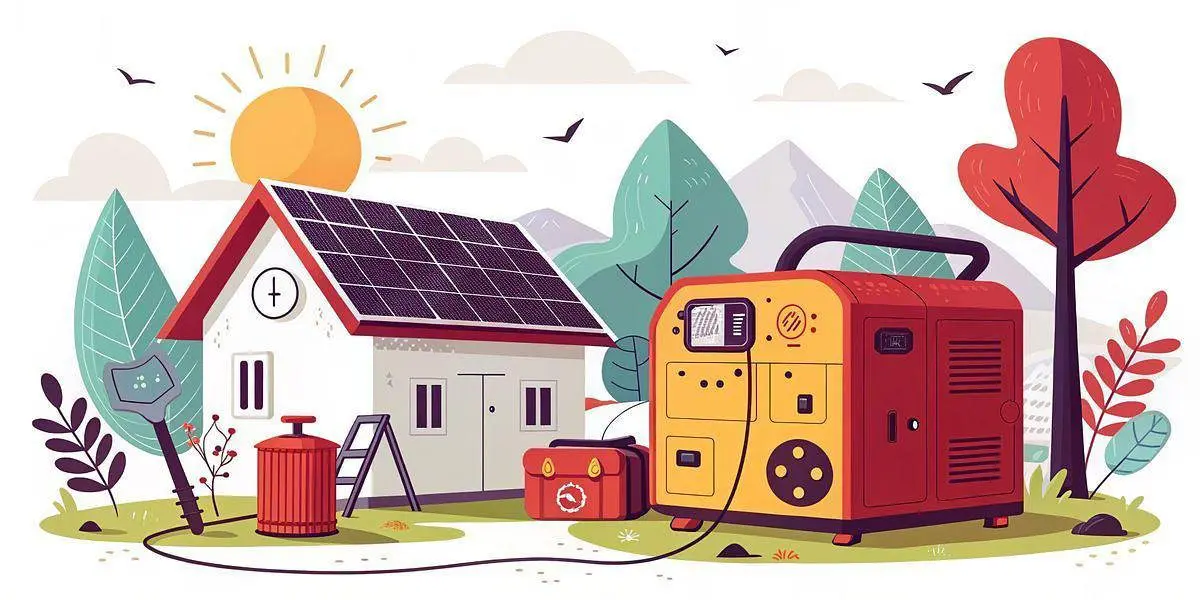How Long Before Eggs Spoil?
The average egg only lasts about 3 weeks before it goes bad. This is due to the egg white and the yolk being two different types of water, which causes bacteria to grow. Refrigeration slows this process, but does not stop it. Therefore if you want to keep your eggs longer you have to consider other storage options. Of which there are many. The method we’ll be discussing today is Isinglass.
What Is Isinglass
Isinglass is a gelatinous substance derived from the swim bladders of certain fish. It has been used for centuries as a method for preserving eggs, and will allow them to last up to a year unrefrigerated. The eggs are placed in a solution of isinglass and water, and then sealed in an airtight container. The isinglass acts as a preservative allowing for a shelf stable egg. It’s worth noting that Isinglass and Waterglass are two different methods. Water Glassing eggs is another great technique, but not the one we’re covering here. Keep an eye out as I’ll do a video and article on it too in the near future.
Kind Of Eggs Needed For Isinglass Preservation
In order to preserve eggs in isinglass, you will need to use fresh eggs. Do not use store bought eggs for this as the processes they go through are not conducive to this method of preserving. The eggs must also be free of cracks or shell damage (as any egg you eat should). Do not refrigerate or wash the eggs prior to preserving them. The eggs are laid with a protective coating that you want to leave intact as it assist in the preservation process.

What You Need To Preserve Your Eggs With The Isinglass Method
You Don’t really need much in the way of supplies.
-Isinglass | You can get it in our Shop or at a place that sells alcohol supplies
-Sealable Jar w/ Lid
– Pan
–Water
-Stove
-Tongs | Make it easier to place the eggs in the jar

The Process For Preserving Eggs With Isinglass
The process is relatively straight forward. You can watch the video below where I walk you through it, but here are the steps to preserve your eggs.
1. Fill your pan with enough water to fill the jar you will be using for storing your eggs.
2. Heat the water us and begin to dissolve the Isinglass into the water.
3. In the meantime place your eggs (ideally pointed side down) into the jar
4. Once the Isinglass is dissolved allow the water to cool some. The idea here is that you don’t want the water to begin to cook the eggs, so you need to let it cool down to just above room temperature. That said when it cools enough it will begin to set to an almost gelatin like consistency. So you need to find that sweet spot of temperature. It’s not as hard as it sounds as long as you keep a close eye and transfer it before it sets.
5. When cooled enough add the Isinglass water mix to the jar of eggs. Ensure all eggs are completely covered.
6. Allow to cool down and set to gelatin like consistency.
7. Put the lid on and store the eggs in a cool dry location like your pantry.
That’s It. Pretty simple right!
How Do Isinglass Eggs Taste?
Many claim that using this method of storage gives the eggs a bit of a chalky taste. As such this is not the ideal way to store them if you wish to eat the eggs outright, however they are perfect in recipes and do not affect the taste there.
So How Long Do The Isinglass Eggs Last
Using this method your eggs should store for 6 months to a year
Enjoy This Article? Check Out MWPU
MWPUniversity.com is our online learning portal that is packed with tons of resources revolving around Prepping, Tactics, Survival, and Fitness.
It features exclusive Videos, Articles, Ebook Library, Courses, and Virtual Classroom.
Sign Up For MWP Newsletter Below...You'll Thank Us!

11 Ultralight Cooking Sets to Pack for Your Next Adventure
Find the perfect ultralight cooking sets for your next adventure, featuring compact designs and essential gear to elevate your outdoor cooking experience.

A Comparison of 19 Top Selling Solar Generators
Compare 19 top-selling solar generators to find the best options for your energy needs, featuring performance, portability, and pricing insights.

Planning a Family Camping Trip? Check Out These 13 Must-Have Tents
Find the perfect tent for your family camping trip with our list of 13 must-have options, ensuring comfort and fun for all ages in the great outdoors.

Surviving the Unthinkable: Immediate Actions to Take During a Nuclear Event
Prepare for nuclear emergencies: Recognize blasts, understand decontamination, and equip yourself with knowledge to face the unexpected. Survival is possible.

Discover the Art of Plant Foraging: Essential Journals for Preppers
Master the art of plant foraging with essential journals tailored for preppers, enhancing your survival skills and deepening your connection to nature.

7 Hazmat Suits to Consider for Your Family’s Peace of Mind
Ensure your family’s safety with our top 7 hazmat suits, designed for protection and peace of mind in hazardous situations. Choose the best fit for you.

























